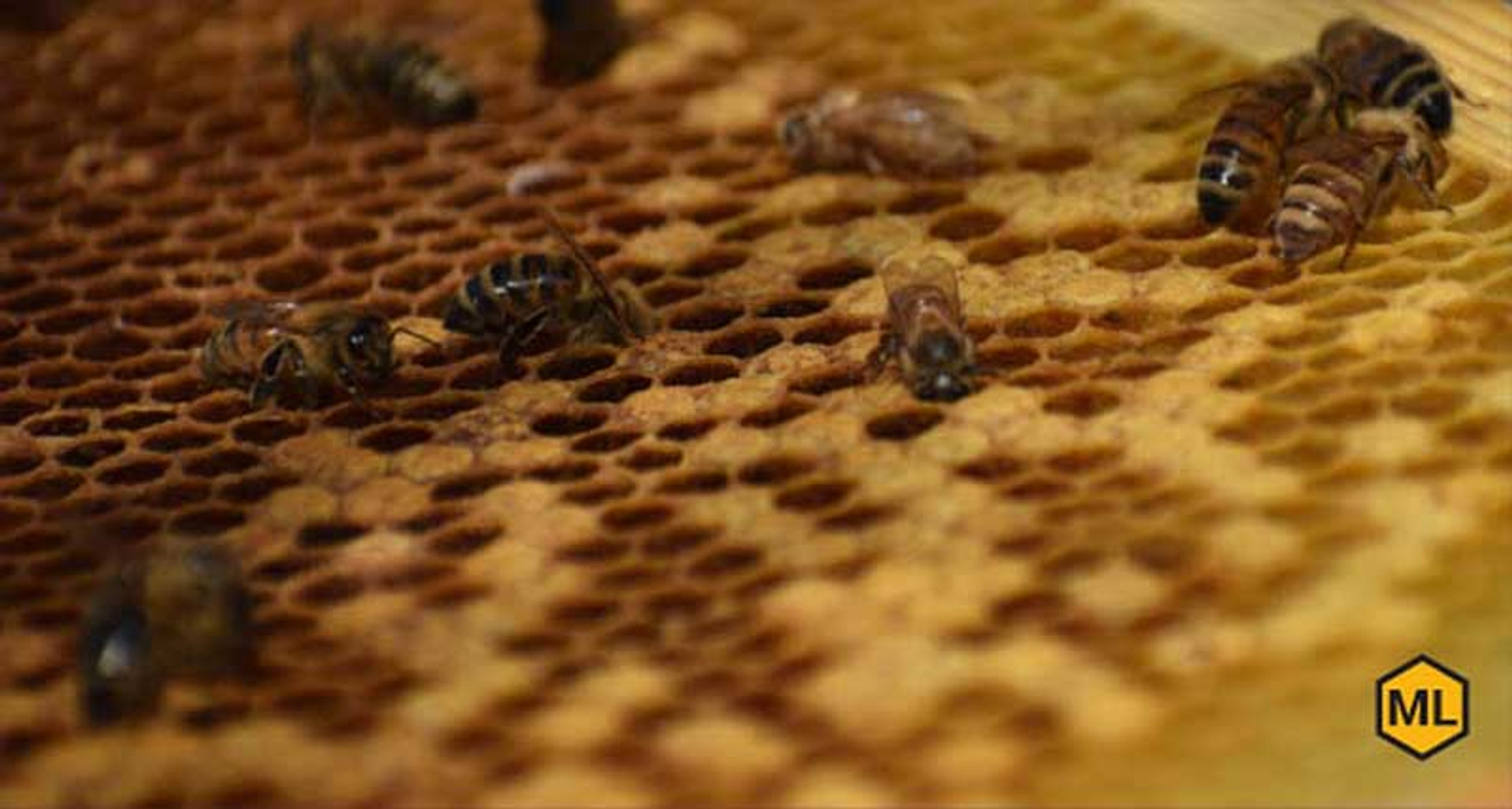Why Is The Bee Population Declining?
Bees play an important role in food production all across the world. Because they’re so important to the agricultural industry, there’s a growing concern for the health and preservation of bees. Unfortunately, more and more bee species are facing extinction. Why is the bee population declining, and what can you do to help stop the effects? Find out with this guide.
Habitat Loss
Like much of the natural world, bees have suffered from habitat loss. Wild bees rely on forests, meadows, and many forms of vegetation for safe places to live and forage. Loss of natural habitats also means loss of a diverse, healthy food source for the bees. The ruined diet leads to a weakened immune system, making bees more susceptible to diseases, parasites, along with making it hard to survive in winter.
Climate Change
Bees rely on a regular, dependable cycle of seasons. Climate change disrupts the conditions of these seasons, which in turn disrupts bees’ natural cycles, nesting behaviors, and other crucial habits. The changing climate can also affect when plants flower. When flowers bloom earlier or later than usual, the bees face a dangerous gap in their diet.
Modern Farming Practices
Bees are responsible for pollinating much of the world’s crops, but modern farming practices make that job more difficult. For example, pesticides are one of the biggest reasons why the bee population is declining. The chemicals in pesticides—especially neonicotinoids—spread to the pollen, which bees bring back to their hive, allowing the damage to spread through the entire colony. Monoculture farming, or the process of only growing one crop on a piece of land, is also harmful. It impacts the bees’ diet, limiting them to only one type of pollen and leading to malnourishment and weakened immune systems.
Pests And Parasites
Parasites are another major threat to bee populations. The most dangerous is the varroa mite, a tick-like parasite that carries deadly diseases. Varroa mites can infect a colony’s brood, harming the bees before they even have the chance to emerge as adults. If a colony is weak due to other conditions such as harsh weather or poor food supply, varroa mites can wipe out the entire hive.
How Can I Help?
Fortunately, everyone can do their part to protect bee populations. If you keep a garden, try to plant pollen- and nectar-rich flowers to offer a healthy, well-balanced diet to local pollinators. Avoid pesticides—even organic ones include chemicals that are harmful to bees.
You can also purchase a beehive starter kit and keep your own colony of bees. Beekeepers are crucial to the preservation of bee populations. If you have the time and passion for it, you can start a beekeeping career and become an invaluable part of the effort to protect bees and the rest of our natural environment.

